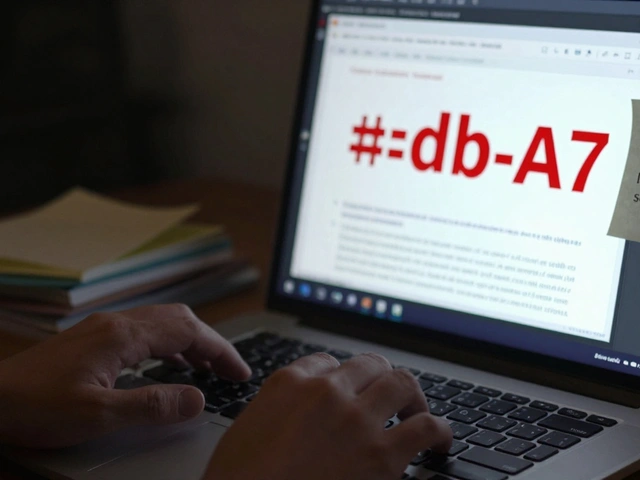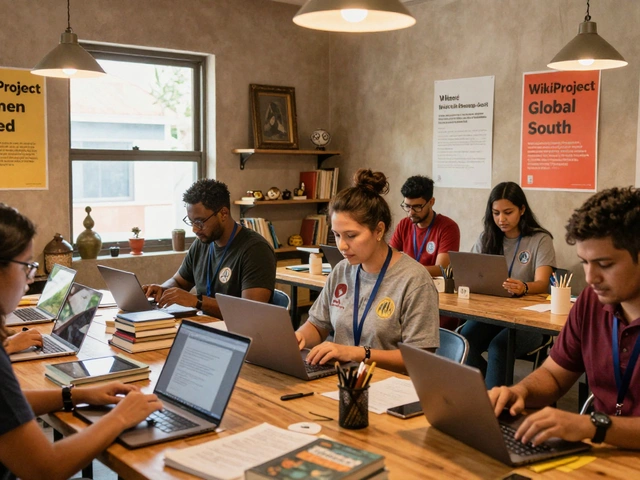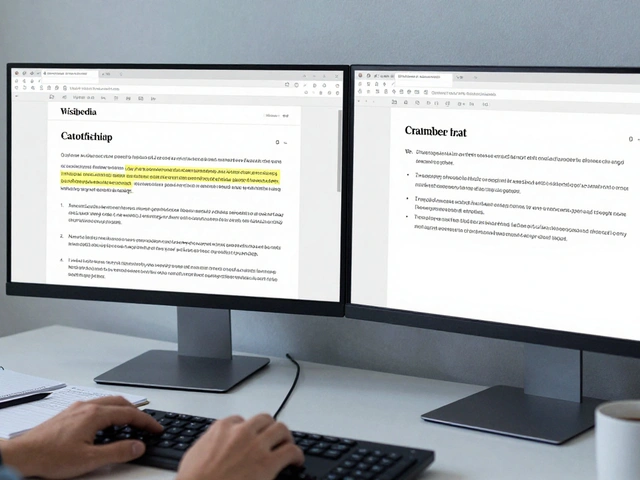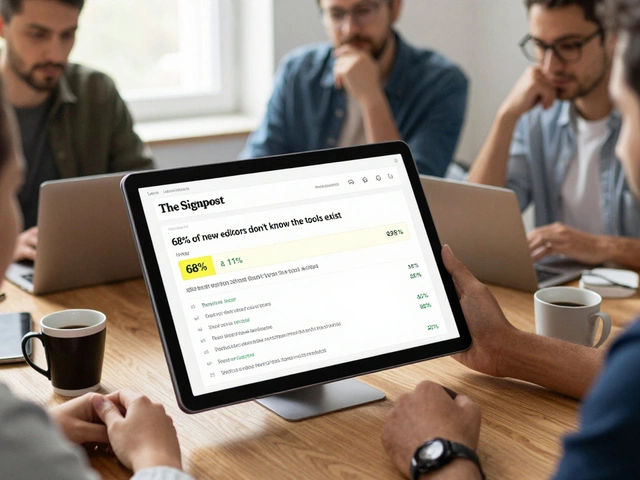Reliable News Sources on Wikipedia: What Counts and Why It Matters
When you edit Wikipedia, you’re not just adding facts—you’re betting on reliable news sources, published reports from established outlets that have editorial oversight and fact-checking processes. Also known as verifiable sources, these are the backbone of every credible Wikipedia article. Without them, even the most well-intentioned edits get reverted, and trust crumbles.
Wikipedia doesn’t care how smart you are or how sure you feel. It cares about what’s been published elsewhere by people who are paid to get it right. That’s why secondary sources, books, academic journals, and major news outlets that analyze or summarize events rather than report raw data are preferred over primary sources, raw data, press releases, interviews, or firsthand accounts. A tweet from a CEO? Not enough. A Bloomberg article breaking down that tweet with context? That’s the gold standard. The difference isn’t about prestige—it’s about control. Secondary sources filter noise. They answer: Who else saw this? Did they check it? Did they question it?
And it’s not just about the outlet. A source can be reputable but still misused. If you pull a quote from The New York Times to support a claim that the article never made, you’re not helping—you’re misleading. Editors spot this fast. They look for alignment: does the source actually say what you claim? Is it recent? Is it independent? Is it covering the topic in depth, or just mentioning it in passing? The system works because thousands of volunteers check each other’s work, not because the rules are perfect, but because they’re clear.
What you’ll find in this collection isn’t a list of approved newspapers. It’s a look at how the system actually works—how editors fight over sources, how bots flag questionable citations, how journalists use Wikipedia without quoting it, and why even a single unverified photo can derail an entire article. You’ll see how WikiProjects drill into sourcing standards, how paid editors try to bend the rules, and how communities in Africa and beyond are building their own reliable sources from scratch. This isn’t theory. It’s the daily grind of keeping Wikipedia honest. And if you’ve ever wondered why your edit disappeared, or why some articles feel rock-solid while others wobble, the answer starts with one question: Where did they get that from?
Local News Sources on Wikipedia: How Reliable Are They in Different Regions?
Wikipedia's local news coverage depends on existing media. In areas without newspapers or reliable outlets, local events vanish from the record. Here's how reliability varies by region-and what you can do about it.
Local News Sources on Wikipedia: How Reliable Are They in Different Regions?
Wikipedia relies on local news sources for accuracy, but as local newspapers close, reliability drops. Learn how regional differences affect Wikipedia's trustworthiness and how to verify local news on the platform.






